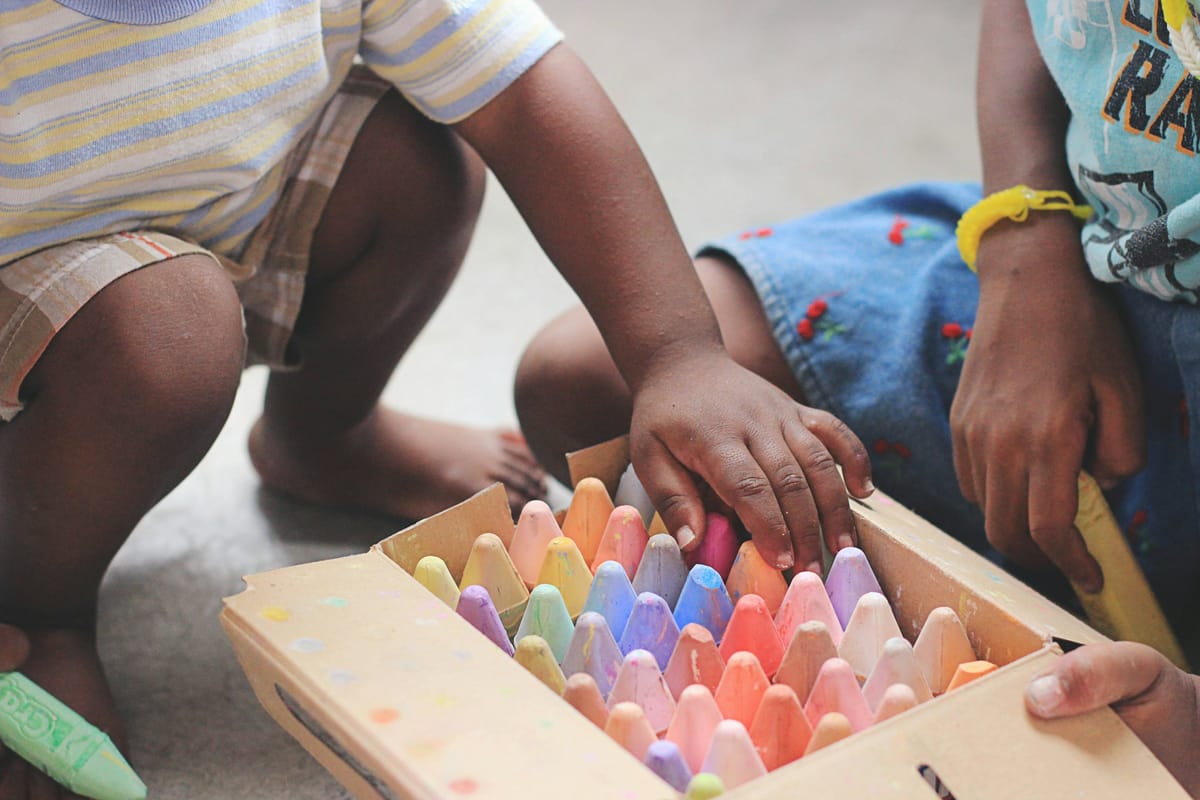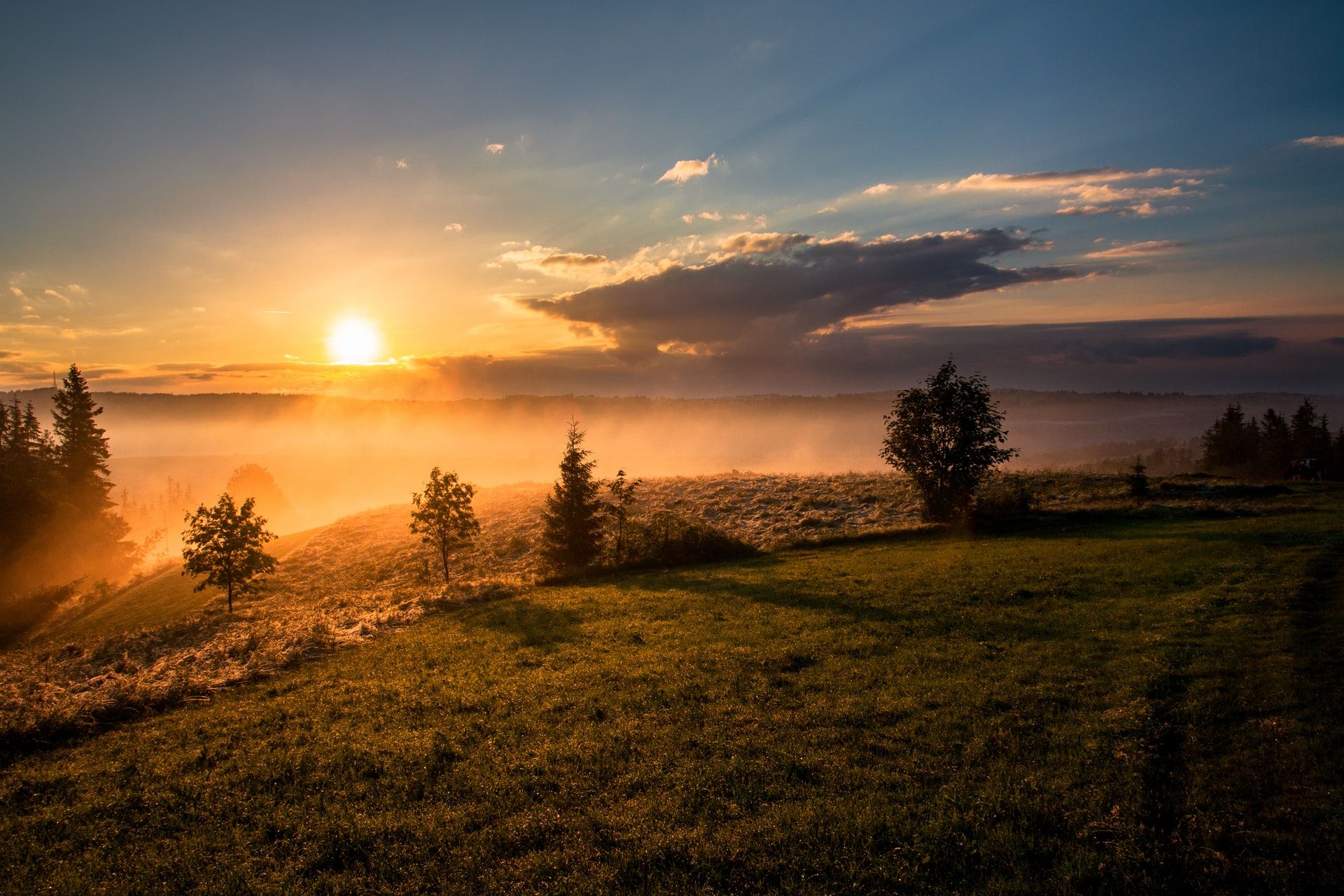what it really takes to choose one thing over another

I went to Indigo Books this morning to buy myself a spiral-bound notebook. While there, I chanced upon a set of four lovely magnetic bookmarks. With floral designs, each had a pithy saying like 'grow with the flow', 'each day is a fresh start', and so on.
They were placed in a container which also had another set of three magnetic bookmarks; these were more rectangular and had mostly floral designs with one bookmark saying 'Lost between the pages' or something like that.
The two sets were equally enchanting. I couldn't bring myself to choose between the two. At one point I decided I could buy both.
Then I remembered how I usually encourage D to make a choice, reminding him that I trust him to make good choices. The same rule ought to apply to me. I am definitely very fair in all my dealings, even ones with my own self.
So I chose the set of four — I did like it quite a bit more than the other — and made my merry way home with my little loot.
It occurred to me later as I was reflecting upon the incident what exactly I was doing.
When I thought I could buy both, technically — or more accurately, financially — I 'could', yes. But that wasn't the point.
In thinking that I could buy both, I was avoiding having to make a choice. Because to choose one thing means to let go of everything else.
The word 'decision' comes from the Latin word 'decidere', which in turn comes from the Latin root 'caedere', which means 'to cut'.
When we make a decision one way, we're literally cutting ourselves off from every other possibility. More business-minded folks would call this an 'opportunity cost'.
Whatever name we call it by, the reason we worry about opportunity cost when we make a decision is because we can't let go of that thought: What if it is the other choice that would lead me to the most favourable outcome?
We'd never know.
If I have to choose between A and B, and I choose A, I'd never ever find out if choice B would have led me to a better outcome.
Sure, we can look at other people who made choice B and see how it unfolds for them, but there come far too many variables in play — those people would be fundamentally different from us in some way, so how Choice B would play out for them would be very different than how Choice B would have played out for us.
Not to mention the countless other variables like luck, circumstances, etc. all of which vary wildly from person to person.
I remember the countless discussions we I had with other parents on whether or not to send our children to school during the pandemic. D started Junior Kindergarten that year.
KrA, very wisely, stayed clear of these discussions. He was very clear right from the start that what would work best for us would be to send D to school.
And it occurred to me at some point that I was mostly in agreement with him, but I also wanted some sort of assurance that we weren't being needlessly risky. An assurance that no one could possibly give.
I had faced the same dilemma earlier when I was wondering whether or not to take the AstraZeneca vaccine after reports emerged of fatal side-effects caused by the injection. I suppose I've become somewhat of a fatalist since then. Still, a more optimistic one now than I was when I wrote this post almost five years ago!

More fundamentally, the reason we look for assurances that we're making the 'best choice possible' is that we feel we won't be OK if the outcome of our choice is not as desired. We worry that we may not be able to bear the emotional pain of failure or setbacks if that's what a particular choice brings.
The only way to counter this kind of unhelpful thinking is to remember: There are no right choices. Make a choice, and make it the right one. More precisely, you make your choice, and you make it the right one for you.
Which means, when we set out on a path and face challenges and obstacles on our way, it doesn't help to fall into the trap of remorse and regret, of wishing we had made a different choice.
The best, and perhaps the only, thing to do is to forge ahead, greeting each new encounter — whether progress or setback — as just another twist in the tale without judging it as good or bad. Unexpected. But interesting. Arousing curiosity.
Perhaps it would help if we're less attached to our ideas and expectations of how our lives should unfold, and attend to our days and lives with a spirit of exploration.
Embracing each day and whatever it brings as an opportunity to grow, try out something different, and learn something new about ourselves and the world around us with each experience that comes our way.
